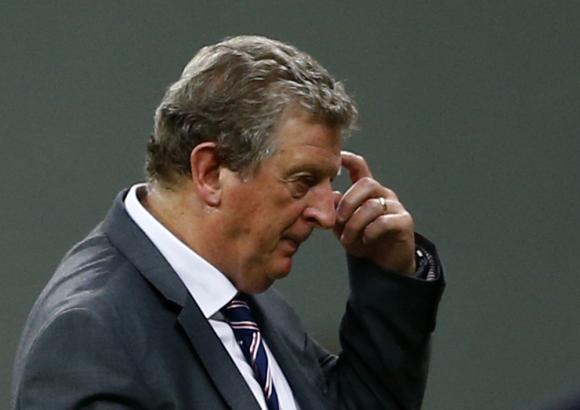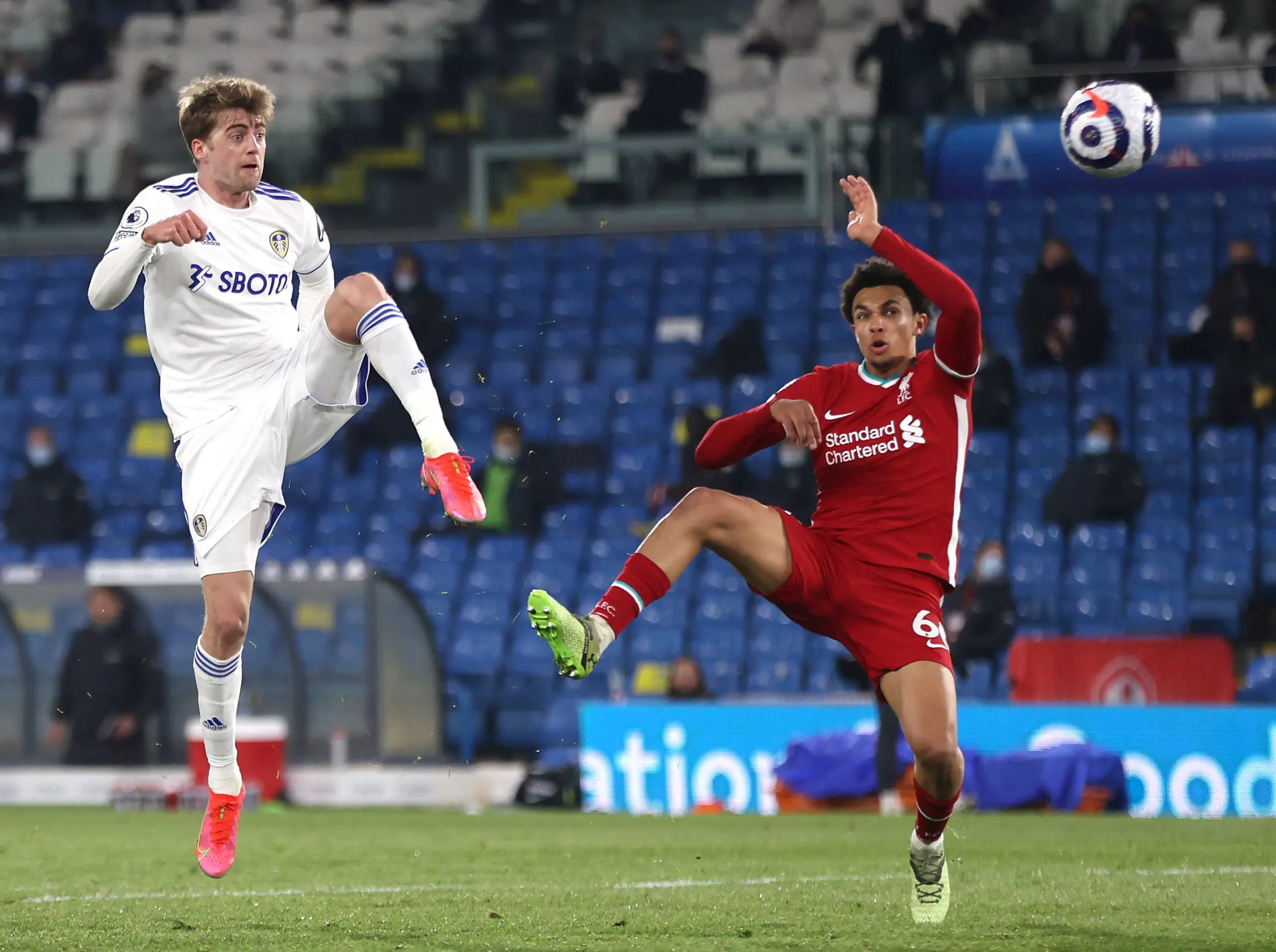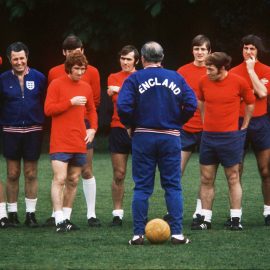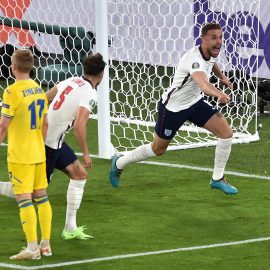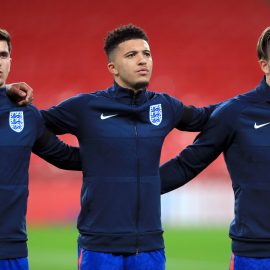The squad regulations have failed to increase the number of English players in the Premier League.
As England endure another international break, the pool of talent at the England manager’s disposal remains as scarce as ever. There have been reactive measures introduced in the last few years to counteract the lack of English players in the Premier League, but plainly, these have not had the desired effect.
In 2010, a quota was introduced forcing clubs to include at least 8 home-grown players in a squad of 25 for the Premier League. Although a home-grown player does not have to be English, with the number of English players in the Premier League declining rapidly since the 1990s, that was surely one of the factors behind the thinking.
“We think that one of the benefits will be that it will help the England team”, said Premier League Chief Executive Richard Scudamore when the rules were first introduced.
The result?
It hasn’t worked. Last season, 8 Premier League clubs used 8 English players or fewer during the season. We are not just talking about top clubs here either, as this includes the likes of Stoke and West Brom.
The figures are even worse when considering the numbers in the starting line-up, something that is more important for the national team. When the Premier League was launched in 1992, the number of English players in starting line ups was 69%. In recent years, it’s been more like a third. This trend has only got worse since the quota was introduced.
If English players aren’t playing regularly, let alone being picked in the 25 man squad, then they are far less likely to be competitive at international level.
At the moment, if you’re English and have had a few good games in the Premier League, you’ve got a chance. Just ask Jamie Vardy.
Inflated transfer fees
A combination of the new quota and an overall lack of English talent has led to English players being more sought after by Premier League clubs. Players like Raheem Sterling will cost more simply because they have the added bonus of fitting the home-grown criteria.
English players only have to have a good half season, and suddenly they are worth double the amount of their foreign counterparts. This might partly explain why Andy Carroll cost £35 million in 2011. Might.
Where do we go from here?
This all sounds very familiar, and the solution will never be a quick fix.
Earlier this year, Greg Dyke called for new measures that would increase the current quota from 8 to 12. Unsurprisingly, the plan was resoundingly rejected, as clubs want the freedom to be able to bring in top quality players without any constraints.
In any case, the current cap has done very little, and there is no evidence to suggest that increasing it to 12 would have much of an impact. Quotas of this kind are artificial. If there were more quality English players, they would already be playing, with or without any quotas in place.
Add Sportslens to your Google News Feed!
